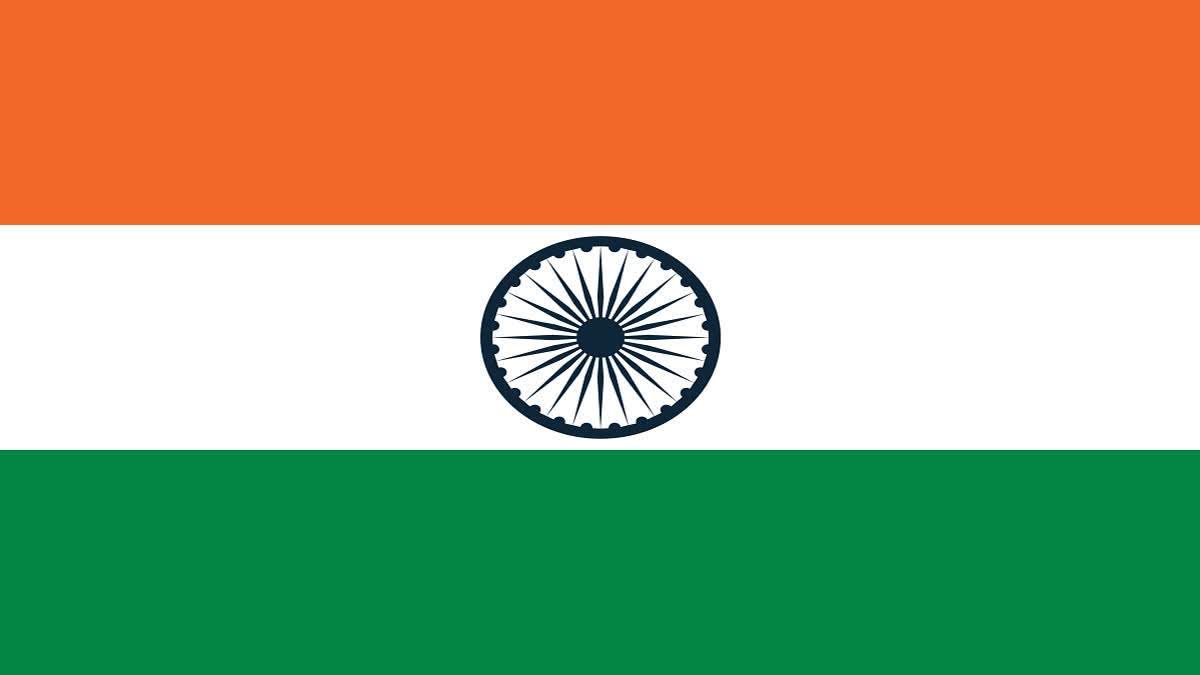New Delhi: The Financial Action Task Force (FATF), a global watchdog for money laundering and terrorist financing, has published a report on India's anti-money laundering and counter-terrorist financing (AML/CFT) efforts. This report summarizes the measures in place based on the onsite visit from November 6 to 24, 2023. It evaluates India's compliance with the 40 Recommendations of FATF and assesses the effectiveness of the country’s AML/CFT system, offering suggestions for enhancements.
The key findings of the report state that authorities in India have a strong understanding of money laundering (ML) risks and possess a sophisticated grasp of terrorist financing risks. However, there is room for further development in understanding ML threats associated with human trafficking, migrant smuggling, and risks related to the smuggling and dealing of precious metals and stones. Effective domestic coordination and cooperation on AML/CFT issues occur at both the policy and operational fronts.
The report also indicates that terrorist financing investigations are generally conducted in line with the identified risks, and case studies demonstrate India’s capability to conduct complex financial investigations and trace financial flows. However, significant delays in prosecutions have resulted in a high number of pending cases, with many accused awaiting trial. India's emphasis on preventing terrorism and terrorist financing aligns broadly with the identified risks, including asset seizures of designated individuals and entities. Nevertheless, measures to prevent the non-profit organization (NPO) sector from being abused are not calibrated with the associated risks.
India has recently taken steps to enhance mutual legal assistance (MLA) coordination within the country and improve the timeliness of responses to formal requests for international cooperation. Competent authorities actively seek international cooperation when relevant, although there is room for improvement in the quality of requests. Law enforcement agencies and the Financial Intelligence Unit (FIU-IND) proactively seek and provide informal cooperation with foreign counterparts.
India’s main source of money laundering originates from illegal activities committed within the borders. These proceeds may be laundered within India or laundered abroad and returned to India for reintegration into the illicit economy. Consistent with the outcomes of the NRA, India’s largest money laundering risks are related to cyber fraud, corruption, and drug trafficking.
The country faces a disparate range of terrorism threats, categorised into six different theatres. These can be summarized as theatres associated with ISIL or AQ-linked extremist groups active in and around Jammu and Kashmir, whether directly or via proxies or affiliates, as well as other separatist movements in the region. Regional insurgencies in the Northeast and left-wing extremist groups are seeking to overthrow the government. Terrorist financing risks are generally closely linked to terrorism, with flows of funds or provision of other assets constrained to within India or surrounding countries.
The report suggests that India has achieved strong results in its technical compliance with FATF standards. India has implemented an AML/CFT system effective in many respects, yielding good results in the areas of ML/TF risk understanding, national coordination and cooperation, use of financial intelligence for ML, predicate offences and TF investigations, depriving criminals of their assets, preventing misuse of legal structures, implementation of targeted financial sanctions related to proliferation and international cooperation. However, major improvements are still needed to strengthen the prosecution of money laundering and terrorist financing, shielding the non-profit sector from terrorists' targets, supervision and implementation of preventive measures.
India joins an elite group of just four G20 nations with a 'Regular Follow-up' rating from FATF.
— Ministry of Finance (@FinMinIndia) September 19, 2024
A significant milestone and a proud moment in our fight against money laundering and terrorist financing. #AML #CFT #FollowTheMoney #IndiainFATF pic.twitter.com/JEs5KxYIQ2
Read More:



